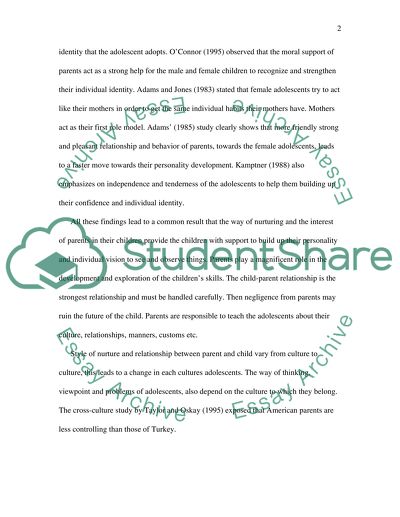Cite this document
(“Contemporary Family Essay Example | Topics and Well Written Essays - 2500 words”, n.d.)
Retrieved from https://studentshare.org/sociology/1526591-contemporary-family
Retrieved from https://studentshare.org/sociology/1526591-contemporary-family
(Contemporary Family Essay Example | Topics and Well Written Essays - 2500 Words)
https://studentshare.org/sociology/1526591-contemporary-family.
https://studentshare.org/sociology/1526591-contemporary-family.
“Contemporary Family Essay Example | Topics and Well Written Essays - 2500 Words”, n.d. https://studentshare.org/sociology/1526591-contemporary-family.


